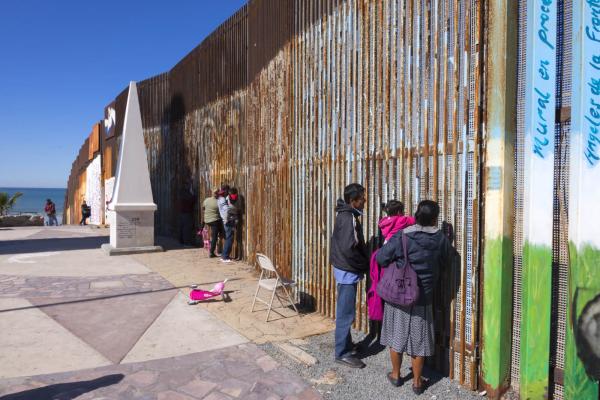Jul 19, 2017
Late last month, Rep. Mike Rogers (R-Ala.) proposed legislation that would tax remittances primarily to Latin American nations to prevent undocumented immigrants from sending money to those countries — and those revenues would help build a border wall. Now, the House Subcommittee on Terrorism and Illicit Financing is considering the idea of imposing a similar 2 percent fee on money transfers to any country to clamp down on terrorism.
Read the Full Article

Already a subscriber? Login
